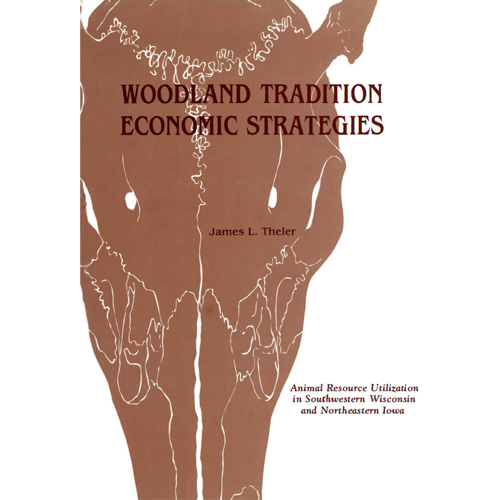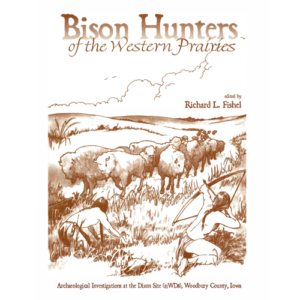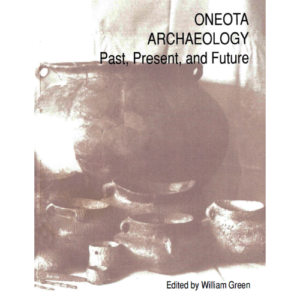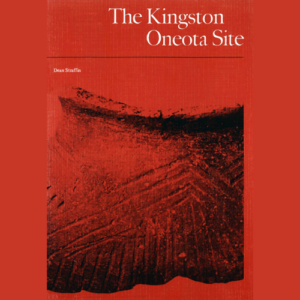This purchase includes one hardcopy book (shipping fees apply) and access to a digital PDF download.
Author: James L. Theler
1987, 128 pp.
The focus of this study is to outline animal resource utilization during the Woodland tradition (ca. 300 B.C. to A.D. 1000) in the Driftless Area of southwestern Wisconsin and northeastern Iowa. Theler presents a comprehensive study of the Woodland Tradition by examining the full annual cycle of subsistence activities in the upper Mississippi Valley. He identifies a fall-winter segment of the annual round when small human groups concentrated on the harvest of large mammals, principally the white-tailed deer and a summer adaptation involving the procurement of aquatic resources found in the riverine setting of the Mississippi River. The book represents a landmark in the study of aboriginal diet, seasonal resource scheduling, and the dimensions of change and stability.
“. . . adds a new dimension to upper Mississippi Valley archaeology. . . . Woodland Tradition Economic Strategies is a welcome and informative addition to Midwestern archaeology. It should be in the library of every archaeologist interested in Midwestern archaeology and in the emergence of cultural complexity among hunter-gatherers.”
Guy Gibbon, Journal of the Iowa Archeological Society
“Theler has produced an excellent account of economic variation and change in the upper Midwest. The book is very well written and deserves a wide readership. It will be of particular value to anyone with an interest in faunal analysis, fresh-water mussels, or Midwestern archaeology.”
Robert E. Warren, American Antiquity




